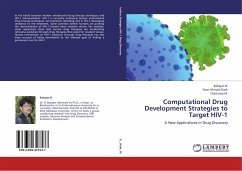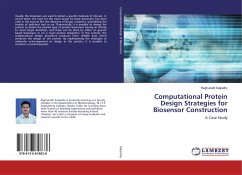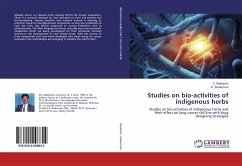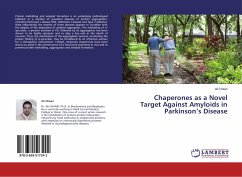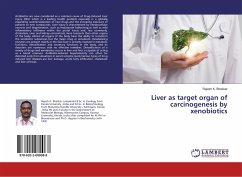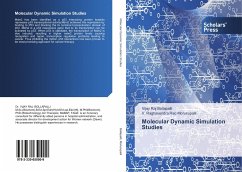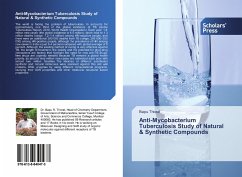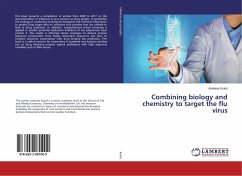
Combining biology and chemistry to target the flu virus
Versandkostenfrei!
Versandfertig in 6-10 Tagen
33,99 €
inkl. MwSt.

PAYBACK Punkte
17 °P sammeln!
This book presents a compilation of articles from 2009 to 2017 on the characterisation of influenza A virus proteins as drug targets. It exemplifies the strategy of combining evolutionary biological and chemical information to predict drug target sites on influenza virus proteins that are unlikely to lead to drug resistance. In addition, computational virtual screening is applied to predict potential replication inhibitors of the polymerase basic protein 2. The reader is informed about strategies to deduce protein sequence conservation from highly redundant sequences and how to combine sequenc...
This book presents a compilation of articles from 2009 to 2017 on the characterisation of influenza A virus proteins as drug targets. It exemplifies the strategy of combining evolutionary biological and chemical information to predict drug target sites on influenza virus proteins that are unlikely to lead to drug resistance. In addition, computational virtual screening is applied to predict potential replication inhibitors of the polymerase basic protein 2. The reader is informed about strategies to deduce protein sequence conservation from highly redundant sequences and how to combine sequence conservation with drug binding site prediction. This book is a useful resource for researchers in academia and industry starting out on drug discovery projects against pathogens with high sequence variability such as RNA viruses.



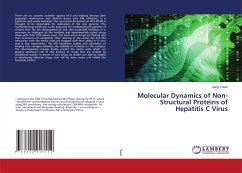
![Molecular Modeling Investigations on Pyrazolo[3,4-d]pyrimidines Cover Molecular Modeling Investigations on Pyrazolo[3,4-d]pyrimidines](https://bilder.buecher.de/produkte/55/55118/55118765n.jpg)
